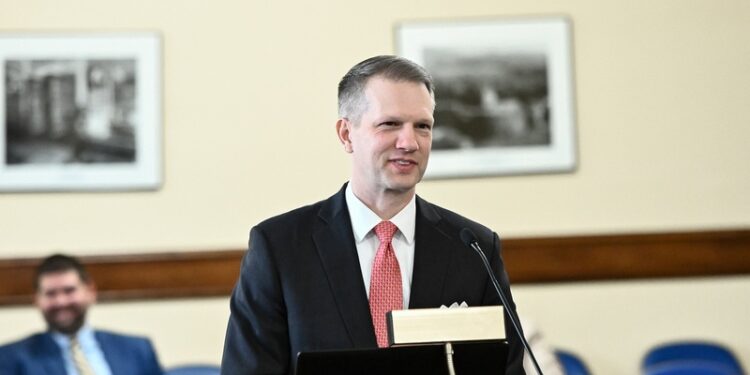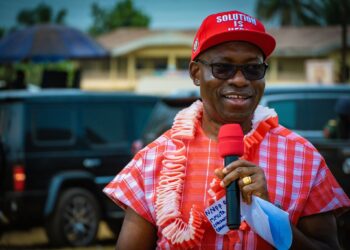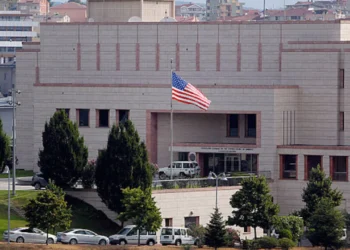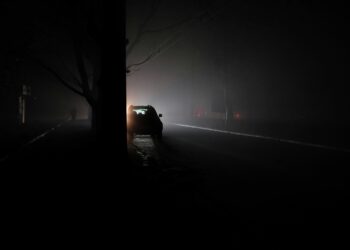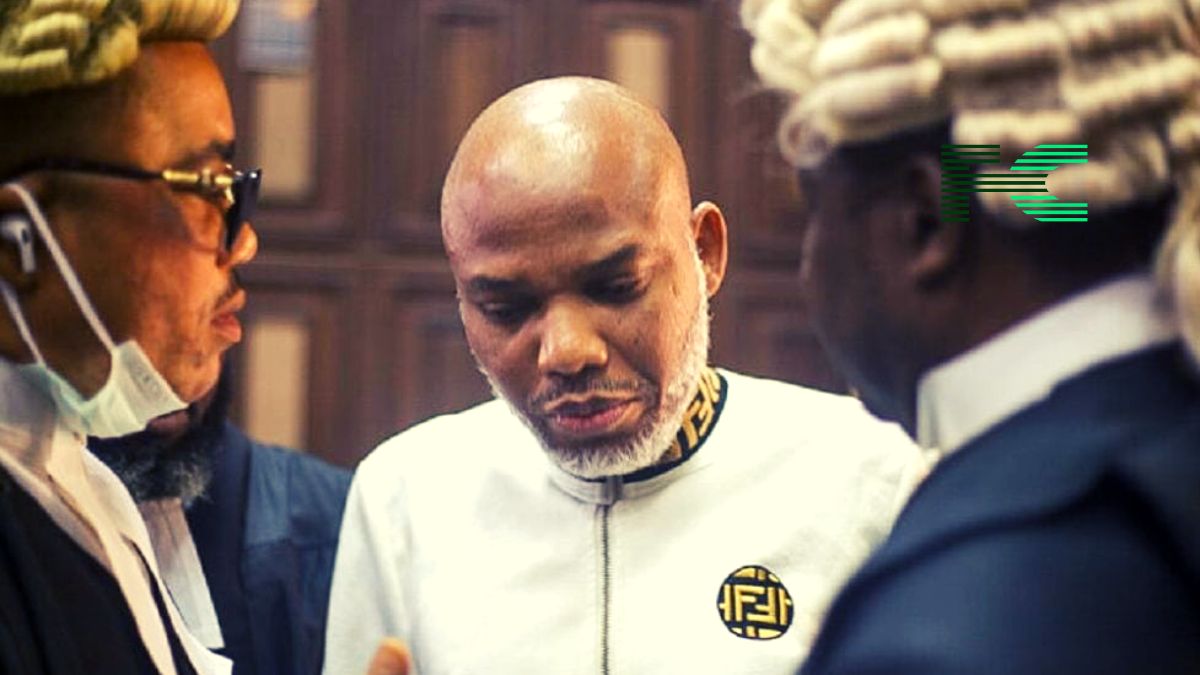A political firestorm has erupted between a U.S. lawmaker and a prominent Nigerian politician after Representative Riley Moore accused former Kano State Governor Rabiu Musa Kwankwaso of being “complicit in the death of Christians” for his role in implementing Sharia law over two decades ago.
The accusation came directly in response to Kwankwaso’s criticism of reported U.S. plans for military intervention in Nigeria. Taking to social media, Moore launched a personal attack, questioning the former governor’s record: “You instituted Sharia law. You signed the law that makes so-called blasphemy punishable by death.”
Kwankwaso, who served as governor when Kano State adopted Sharia law in November 2000, had earlier urged the U.S. to support Nigeria with “advanced technology and diplomacy rather than threats.” He argued that the nation’s security challenges “do not distinguish based on religious, ethnic, or political beliefs.”
The exchange escalates a growing diplomatic crisis. President Donald Trump has redesignated Nigeria a “Country of Particular Concern,” warning of potential U.S. military action to stop what he calls a “mass slaughter” of Christians. In response, the Nigerian government of President Bola Tinubu has firmly denied allegations of genocide, reaffirming the country’s constitutional guarantee of religious freedom.
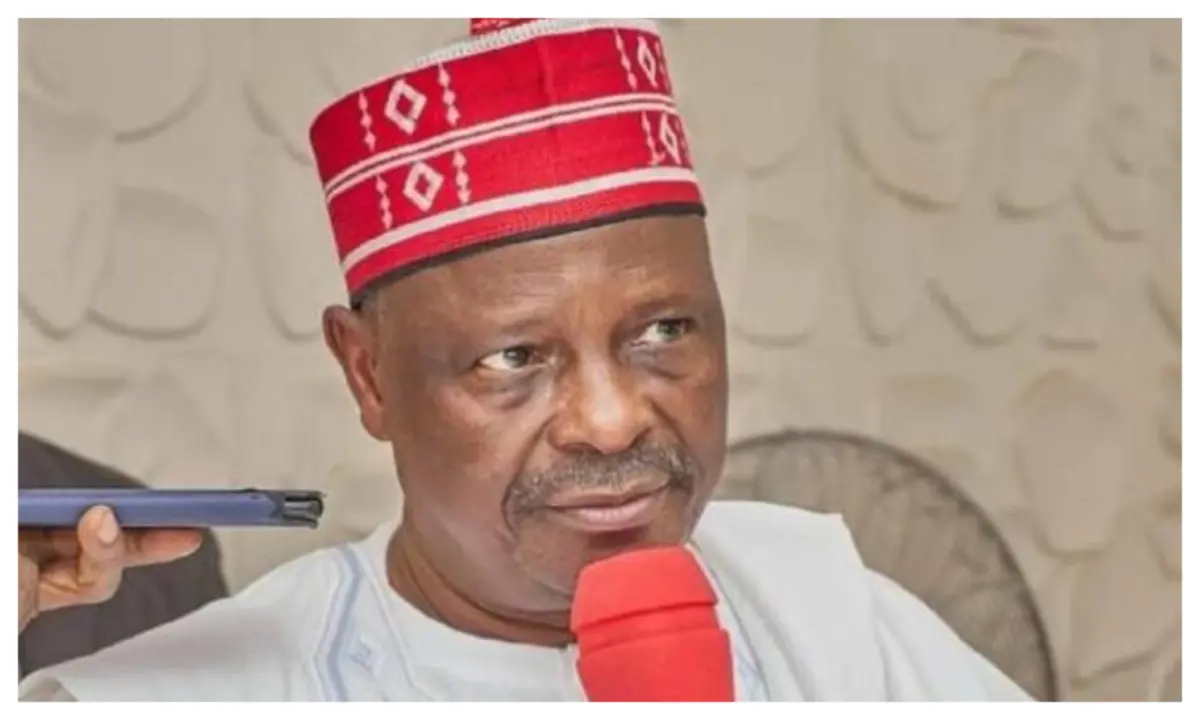
Why It Matters
This exchange marks a dangerous personalization of a complex geopolitical issue. By reaching back 25 years to attack Kwankwaso for implementing Sharia—a move that reflected the political and religious realities of Northern Nigeria at the time—Moore is reframing a multifaceted security crisis into a simplistic narrative of religious persecution.
This tactic bypasses the nuanced realities of banditry, farmer-herder conflicts, and general state failure that drive violence in Nigeria, instead creating a clear “villain” to justify more aggressive foreign policy options. For Kwankwaso, a potential presidential contender, this international condemnation could either severely damage his credibility or galvanize his domestic base as a nationalist standing up to foreign bullies. The real casualty in this war of words is the truth about Nigeria’s complex security landscape.

